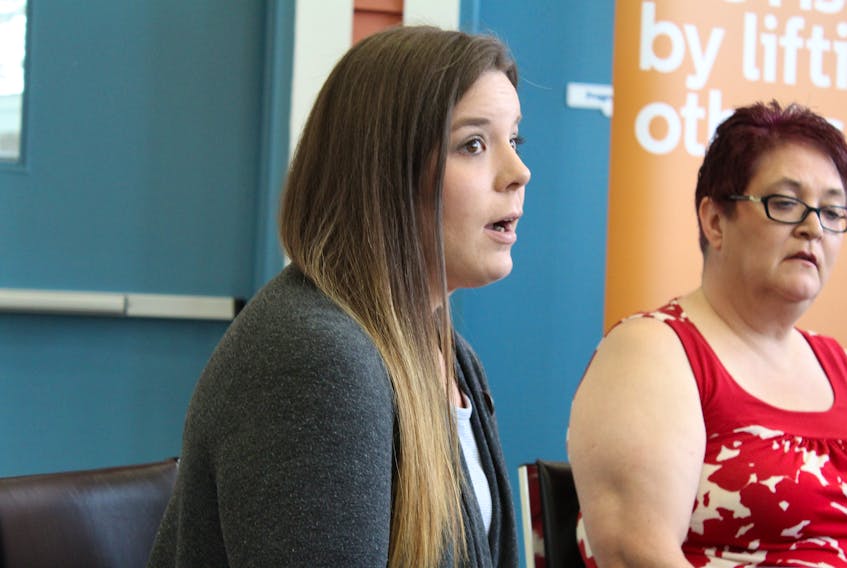Sabrina Somerton’s young son needs medical attention, sometimes at a moment’s notice.
He was born prematurely, with accompanying medical conditions.
For a time, Somerton qualified for a government-issued bus pass, allowing her to get him from appointment to appointment without too much concern.
In 2016, she was cut off from the program because of a rule change.
The government requires a minimum of eight doctor’s appointments a month to qualify for the bus pass. Because that amount of appointments wasn’t needed, Somerton — a low-income earner — was forced to pay out of pocket for transportation for her son.
“I have to keep money poked away every single paycheque, just to make sure I have money set aside if he ever needs to go to the emergency right away,” said Somerton.
“Being a single mom on low-income, it is hard to put money aside for his needs.”
For herself, Somerton says the pass costs $75 a month. When her daughter and son are both over age five, the cost will increase to $165 a month.
“Where am I getting that money?” asked Somerton.
“Sometimes I’d have to sacrifice money for food.”
NDP Leader Gerry Rogers says low-income residents of St. John’s are being denied access to bus passes, creating a barrier for vulnerable people to obtain food and services they need.
Rogers called a news conference with advocates and people who described their experiences to reporters on Tuesday.
“I’ve heard numerous stories due to a policy change in (Advanced Education and Skills) in 2016 that specified in order to qualify for a bus pass, people have to have a minimum of eight specified medical appointments a month,” said Rogers.
“In that policy change, we saw an entrenched medicalization of transportation assistance.”
The problem, according to Rogers, is much more than just that the sick need transportation assistance to be able to meet their daily needs. She says those living with disabilities or without access to other forms of transportation need support to help them through their lives.
She says the government needs to find a way to help low-income earners and those with mental and physical issues avail of subsidized transportation.
“The biggest crux of the issue right now is that we’re not giving people an opportunity to live their best lives,” said Keiran O’Connell, a co-ordinator with the Gathering Place.
“We provide meals here six days a week, and there are food banks and other organizations that provide food to people, but if the population that it’s meant to be serving, if those people cannot access the services, then there’s little point to offering those services.”
O’Connell says the requirement of eight doctor’s appointments in a month ignores the needs of those living with chronic illness, who may not need to see the doctor that often, but still live with less ability to travel on their own means.
Rogers says the province and the City of St. John’s need to work together to allow greater access to public transportation to allow those in need a greater chance to improve their lives.
Twitter: DavidMaherNL








